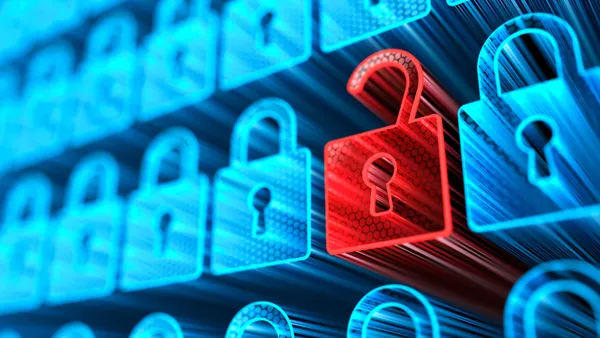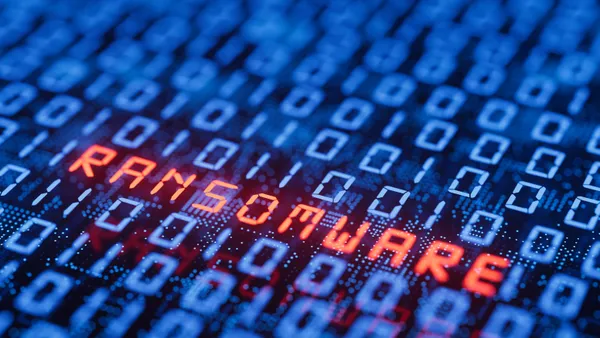Dive Brief:
- School administrators and leaders can benefit from working with school librarians in at least 10 ways that will help make schools "Future Ready," set a course for better use of digital resources and help promote administrators' ideas, eSchool News reports.
- Librarians can help in curriculum development by curating educational resources for teachers, instructing students about digital citizenship, helping school leaders choose appropriate digital resources, developing collaborative spaces for student and teacher use, and overseeing makerspaces that spur student creativity.
- School librarians can also help form community partnerships with local libraries, advocate for student privacy issues, promote literacy, ensure that digital access is as equitable as possible and, by interacting with students and staff on a regular basis, promote the school administrator’s strategic vision.
Dive Insight:
The role of school librarians has changed drastically since the advent of the digital age. While school technology officers are usually charged with purchasing and maintaining digital devices and programs, school librarians are often more likely to be able to help teachers find the digital resources and websites that can best support instruction. They can also aid students by teaching lessons about research skills and digital citizenship and can help facilitate personalized learning and the building of literacy skills.
School libraries are increasingly being converted into learning commons, where learning takes place on a level not imaginable a few decades ago. Students have space to collaborate on projects with a wealth of knowledge at their fingertips. Teachers can collaborate on the development of teaching modules. And the addition of 3-D printers and makerspaces in many libraries allows for the envisioning of new ideas. At the center of it all, school librarians guide the process.
School administrators would do well to see these librarians as key figures in the curation and organization of ideas and resources rather than as support staff that are easily overlooked. Communicating the importance of the school library or learning commons to students and staff is also essential. Updating teachers about new resources and providing links to curated websites is another way to help keep the school connected and up-to-date. School librarians and media specialists work hard to pave the way for education, and teachers and administrators need to be well aware of the support they can provide.











